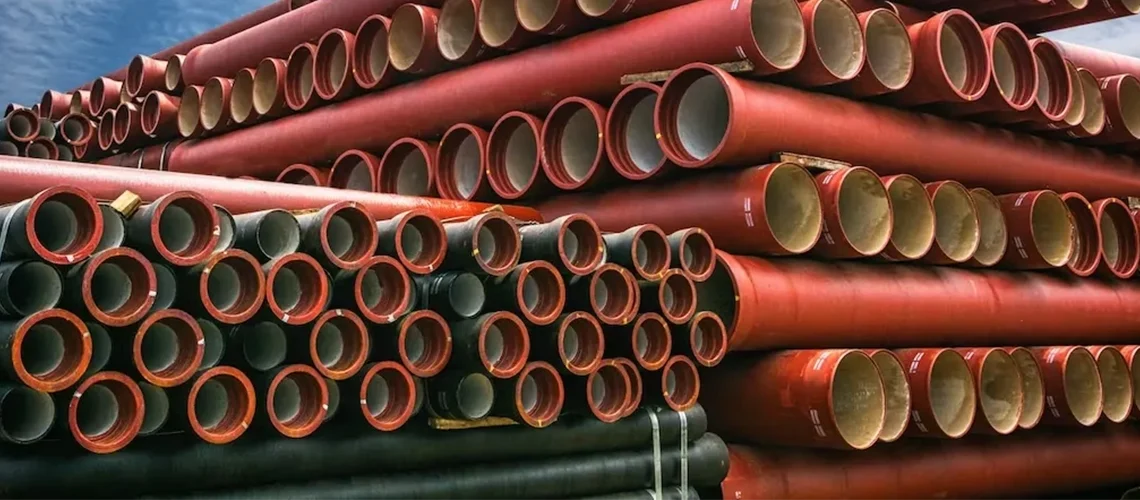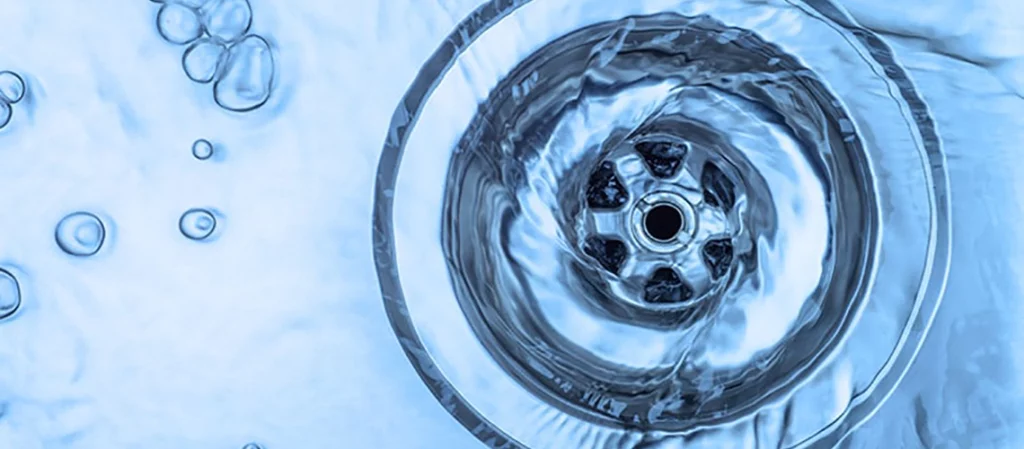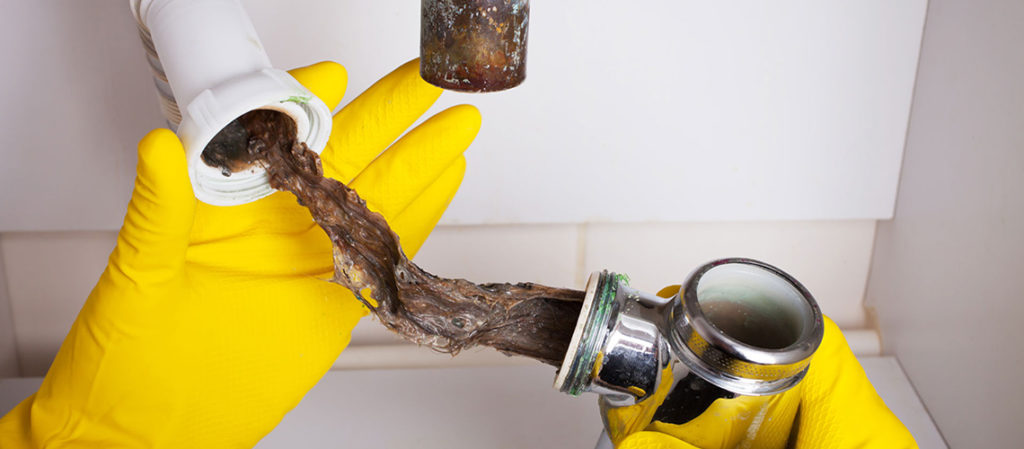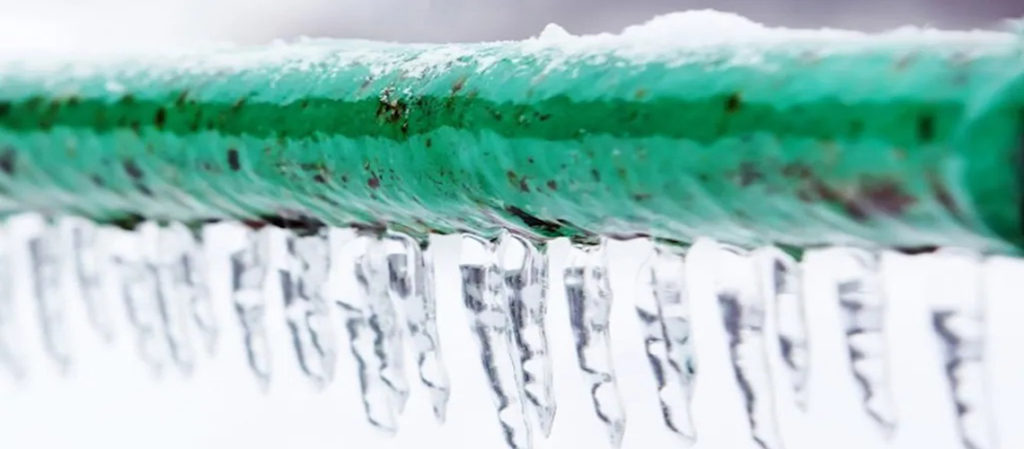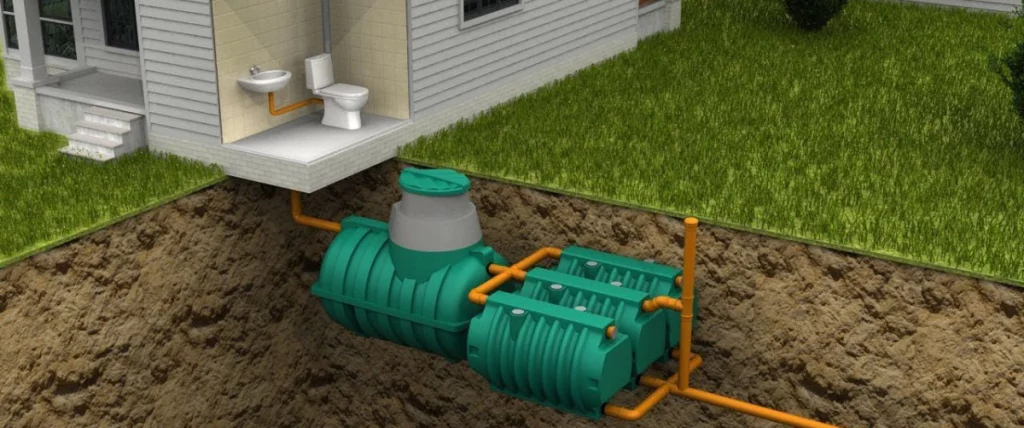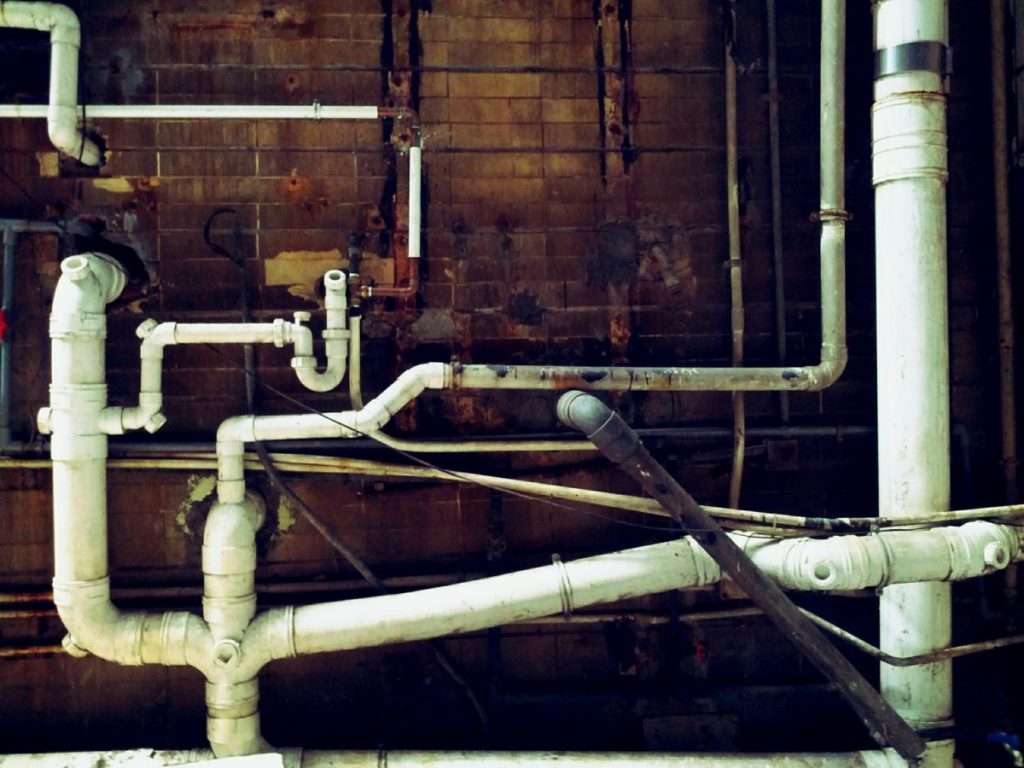Lead pipes have been used for water supply systems for many years, but their potential health risks have led to increased awareness and a push for lead pipe replacement. If you’re unsure about the status of your home’s plumbing system or wondering how to identify lead pipes, this article will provide you with essential information.
Contents
How Do You Know if You Have Lead Pipes
Identifying lead pipes in house is the first step in determining if lead pipe replacement is necessary. Here are a few signs that you may have lead pipes:
- Age of the Property: If your home was built before the 1950s, there’s a higher likelihood that it contains lead pipes. Homes constructed between the 1950s and 1970s may also have lead solder used to join copper pipes.
- Physical Appearance: Lead pipes are dull gray and have a soft, easily scratched surface. They may also exhibit a bluish tint when scraped with a sharp object.
- Water Testing: Conducting a water test is the most reliable way to determine the presence of lead in your water. Contact a professional to collect and analyze a water sample from your home.
- Historical Documentation: Consulting historical records, building permits, or contacting the local water authority can provide information on the materials used in your plumbing system.

Why You Should Replace Your Lead Pipes
Replacing lead pipes is crucial for several reasons, primarily due to the potential health risks associated with lead exposure. Even low levels of lead in drinking water can be harmful, particularly for infants, children, and pregnant women. Here are key reasons why you should consider lead pipe replacement:
- Health Concerns: Lead can leach into the water supply, especially in older pipes or those with lead solder. Ingesting lead-contaminated water over time can lead to serious health problems, including developmental delays, learning disabilities, and high blood pressure.
- Water Quality: Lead pipes can affect the taste, odor, and appearance of your water. Replacing lead pipes can improve the quality and safety of your drinking water, giving you peace of mind.
- Legal Requirements: In many regions, regulations have been put in place to minimize lead exposure in drinking water. Some areas have mandated lead pipe replacement or provided incentives to homeowners to encourage the removal of lead pipes.
- Property Value: Lead pipes can be a deterrent for potential homebuyers. By replacing lead pipes, you can increase your property’s value and attract more interested buyers when it comes time to sell.
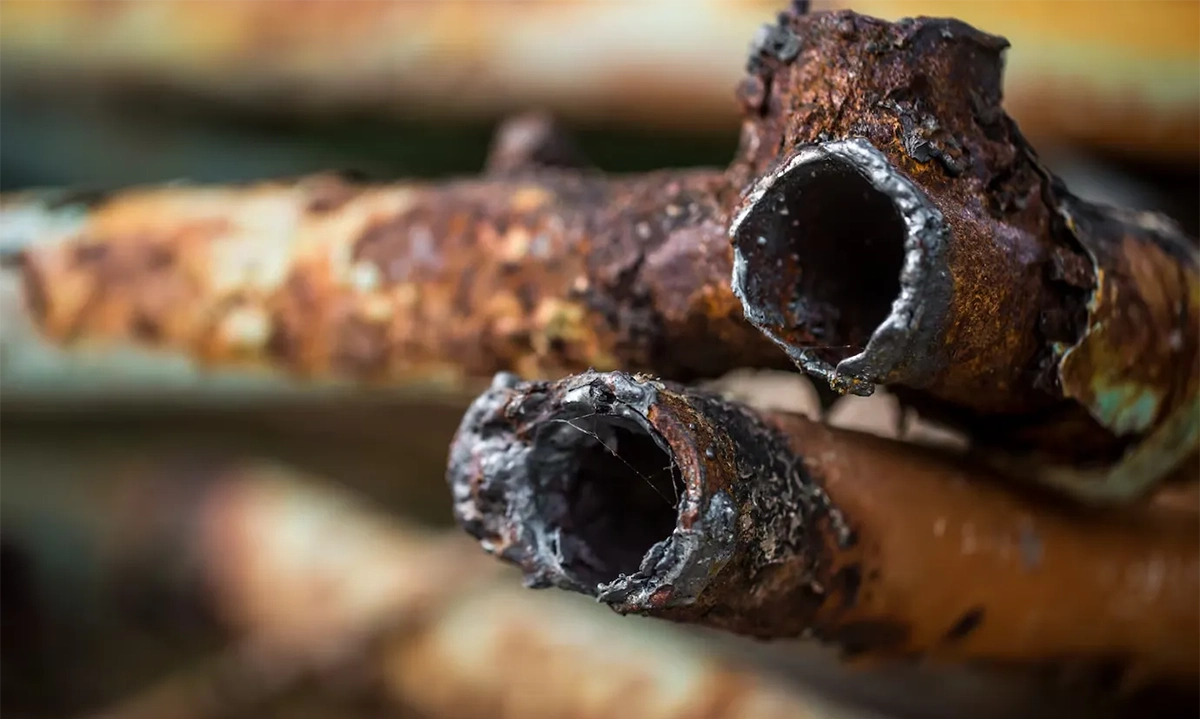
Lead Pipe Replacement Process
Lead pipe replacement involves several steps to ensure a safe and efficient transition to a new plumbing system. Here is a general outline of the lead pipe replacement process:
- Assessment and Planning: A professional plumber will assess your plumbing system and determine the extent of lead pipe replacement required. They will develop a plan for the replacement process.
- Obtaining Permits: Depending on your location, permits may be necessary for the lead pipe replacement. Your plumber will handle the permit application process on your behalf.
- Pipe Replacement: The plumber will carefully remove the existing lead pipes and replace them with modern, safe alternatives such as copper, PEX, or PVC pipes. This process may involve cutting into walls or floors, so it’s essential to work with experienced professionals.
- Testing and Inspections: After the replacement, the new plumbing system will be thoroughly tested to ensure proper installation and to check for any leaks or issues. Inspections may also be required to comply with local regulations.
- Water Quality Testing: Once the lead pipe replacement is complete, it’s advisable to conduct another water test to verify that lead levels have significantly reduced or been eliminated.
FAQ about Lead Pipe Replacement
Yes, lead pipes can be dangerous due to the potential for lead to leach into drinking water. Ingesting lead-contaminated water can lead to serious health issues, especially for vulnerable groups like infants, children, and pregnant women. It is important to replace lead pipes to minimize the risk of lead exposure and ensure safe drinking water.
The cost of replacing lead water pipes can vary depending on factors such as the size of the plumbing system, accessibility, and local labor rates. It is best to contact professional plumbers for an accurate cost estimate based on your specific requirements.
The warranty for lead pipe replacement depends on the plumbing contractor or company you hire. It is advisable to inquire about warranties and guarantees before starting the replacement process.
Lead pipes can be replaced with modern, safe alternatives such as copper pipes, PEX (cross-linked polyethylene) pipes, or PVC (polyvinyl chloride) pipes. The choice of replacement material depends on factors like budget, local building codes, and the specific needs of your plumbing system.



